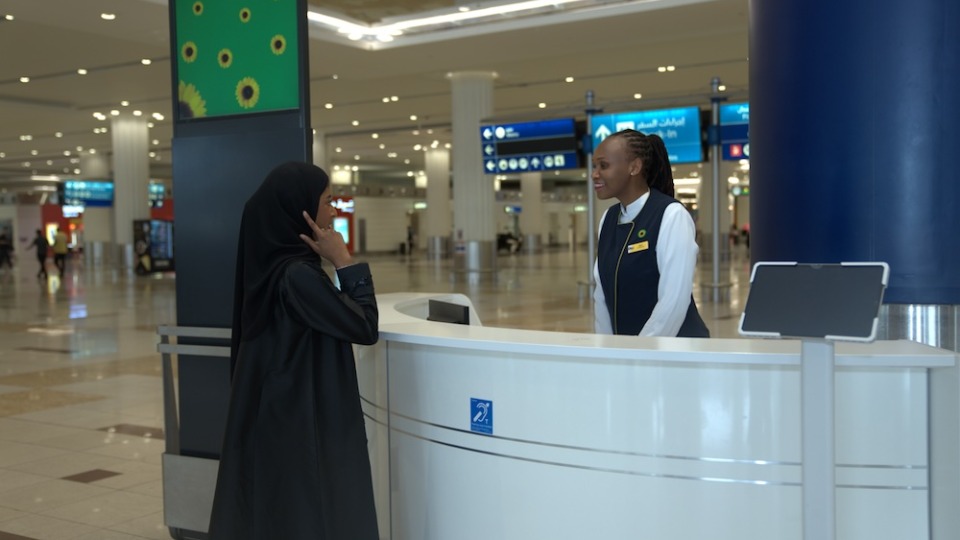
Home Office Abandons Proposal to Lodge Asylum Seekers in Llanelli Hotel

The Home Office has decided to withdraw its contentious plan to lodge asylum seekers in the Stradey Park hotel, situated in western Wales.
This facility, which was intended to provide accommodation for up to 241 individuals, faced opposition from various quarters, sparking protests in the local vicinity.
Carmarthenshire county council, upon raising concerns about escalating community tensions, received written confirmation from the Home Office that the proposal has been officially shelved. Council leader Darren Price expressed his support for this decision, stating:
“I very much welcome the decision of the Home Office to withdraw its plans for the Stradey Park hotel. It’s the right decision for the hotel and, more importantly, it’s the right decision for the people of Furnace.”
Price continued, emphasizing the need for community healing after the recent months of contention:
“Now is the time for the community of Llanelli to come together, to heal from the experience of the past few months.”
“On the issue of providing sanctuary to people in desperate need, I will reiterate Carmarthenshire county council’s desire to continue to welcome our share of asylum seekers from countries such as Ukraine, Afghanistan and Syria to our county via the dispersal model which has worked successfully in Carmarthenshire for many years.”
The Stradey Park hotel, previously known for hosting stars from the world of TV, film, and sports, including the iconic 1972 Llanelli rugby team that defeated the All Blacks, also served as a sought-after wedding venue. Recent changes in ownership led to a collaboration with a Home Office-contracted firm to house individuals during the asylum claim processing period. Unfortunately, this arrangement resulted in numerous staff members losing their jobs.
The council's application for an injunction in July, asserting that the plan constituted a change of use from a hotel to a hostel and a breach of planning regulations, was unsuccessful. The high court in London acknowledged that this change would undeniably impact the local economy.
According to the BBC, lawyers representing the property's owners argued that there was an urgent need for asylum seeker accommodations and a serious risk of hotel closure without the contract in place.
Protests erupted following the initial announcement of the plan in June, with a significant focus on the resulting job losses and the perceived loss of a valuable community asset. The proposal to accommodate 241 asylum seekers also attracted far-right activists from outside the area, along with counter-protesters. Confrontations between law enforcement and demonstrators resulted in arrests, and several individuals faced charges related to public order offenses.
Source: theguardian.com








